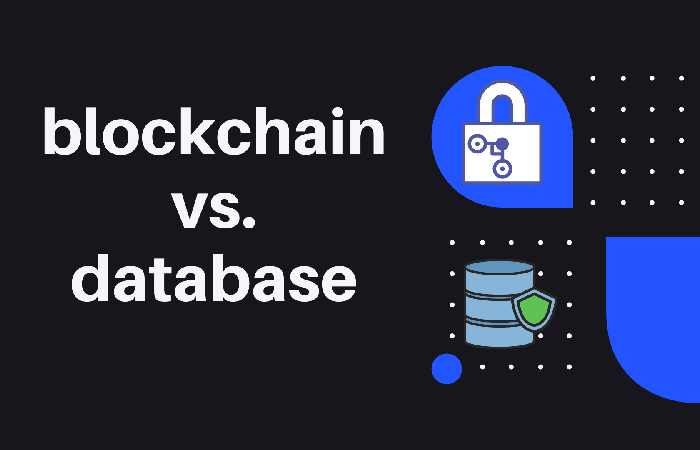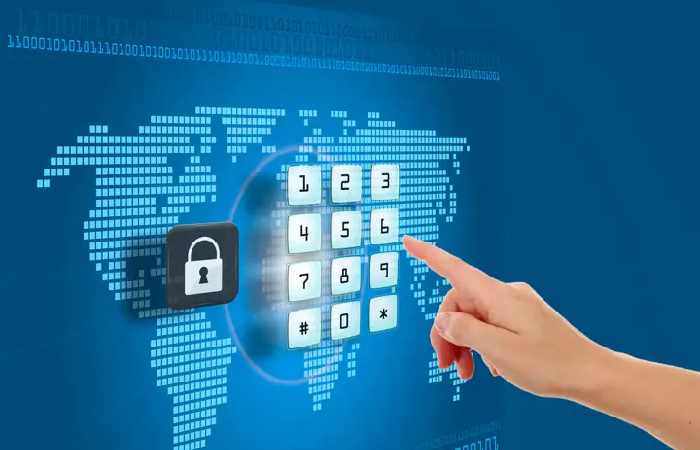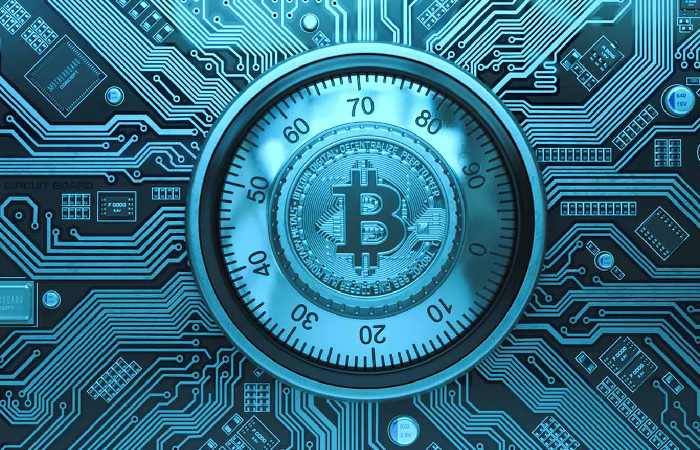The world is on the cusp of a digital revolution, in which innovations will change the way we conduct business, after using applications and gadgets to making financial transactions.
Due to the increase of digital commerce and the need to maintain secure records, many companies are turning to blockchain solutions. But what are blockchain keys and how do they differ from traditional record-keeping solutions?
Blockchain allows users to access, modify and manipulate data on thousands of computers around the world without the need for a central provider.
Let’s look at a quick comparison between blockchain and traditional recording!
Table of Contents
Blockchain Versus Traditional Databases:
It is a client-server architecture that all traditional databases use. How does this work? A user/client can change data stored in a central database. To enable access to databases, a designated authority authenticates user/client credentials before granting access.
Blockchain databases consist of many independent nodes. Each node is involved in management; Anyone can check for informs to the blockchain and add new info to the database. Changing the blockchain requires the consent of the majority of nodes. This consensus mechanism makes the network secure and makes manipulation more difficult.
Is Blockchain A Secure Technology?
This software allows the creation of decentralized databases using blockchain technology. This system is completely open source, meaning anyone can view, edit, and suggest changes to the codebase. The service works by creating a “ledger.”
“Blockchain” databases allow users to create transactions between themselves by storing the contents of those transactions in new “blocks.”
The different algorithms used to encrypt transactions depend on the application that generates them. Using cryptography, this process uses encryption to ensure the security of any new data that may continue to be added to the blockchain.
Benefits of Using Blockchain for Recordkeeping
Blockchain technology has many structures that make it more reliable, secure and different from all other video recording technologies. Using blockchain for record keeping has some advantages:
1 – Cost reductions:
In traditional record keeping systems, there should be an external authority or party keeping track of all data. However, blockchain does not require a third party or organization as everything is recorded on a decentralized digital ledger, so there is no possibility for formal testimony or record keeping. This way we can reduce our expenses only for third parties or organizations.
2 – Improved Security:
With traditional recording, data is stored formally and new translation entries can be easily added or deleted. Blockchains store data records on a digital ledger as blocks, so there is no risk of errors or attacks.
3 – Transparency:
Traditional record keeping prevents users from accessing cross-country records, etc. Only authorized individuals or organizations can manage the data. On the contrary, anyone involved in the translation process or part of the blockchain can easily access the recorded data. In this sense, blockchain is more transparent in terms of agreements and data.
4 – Eliminate errors and errors:
In the traditional method of record keeping, an authorized person or organization formally or manually records every little translation or input data, increasing the chances of errors and omissions.
Due to the devolved nature of the blockchain ledger, blockchain data cannot be hacked, compromised or manipulated. This makes blockchain a more reliable and secure technology.
Diploma
What makes blockchains different compared to traditional record-keeping solutions? The short answer to this question is: decentralized control. These solutions eliminate any potential risk by eliminating the centralized control that traditional recording solutions are all about. People accessing a traditional database can delete, corrupt, or destroy information. For this reason, users rely on the database administrator’s security infrastructure.

